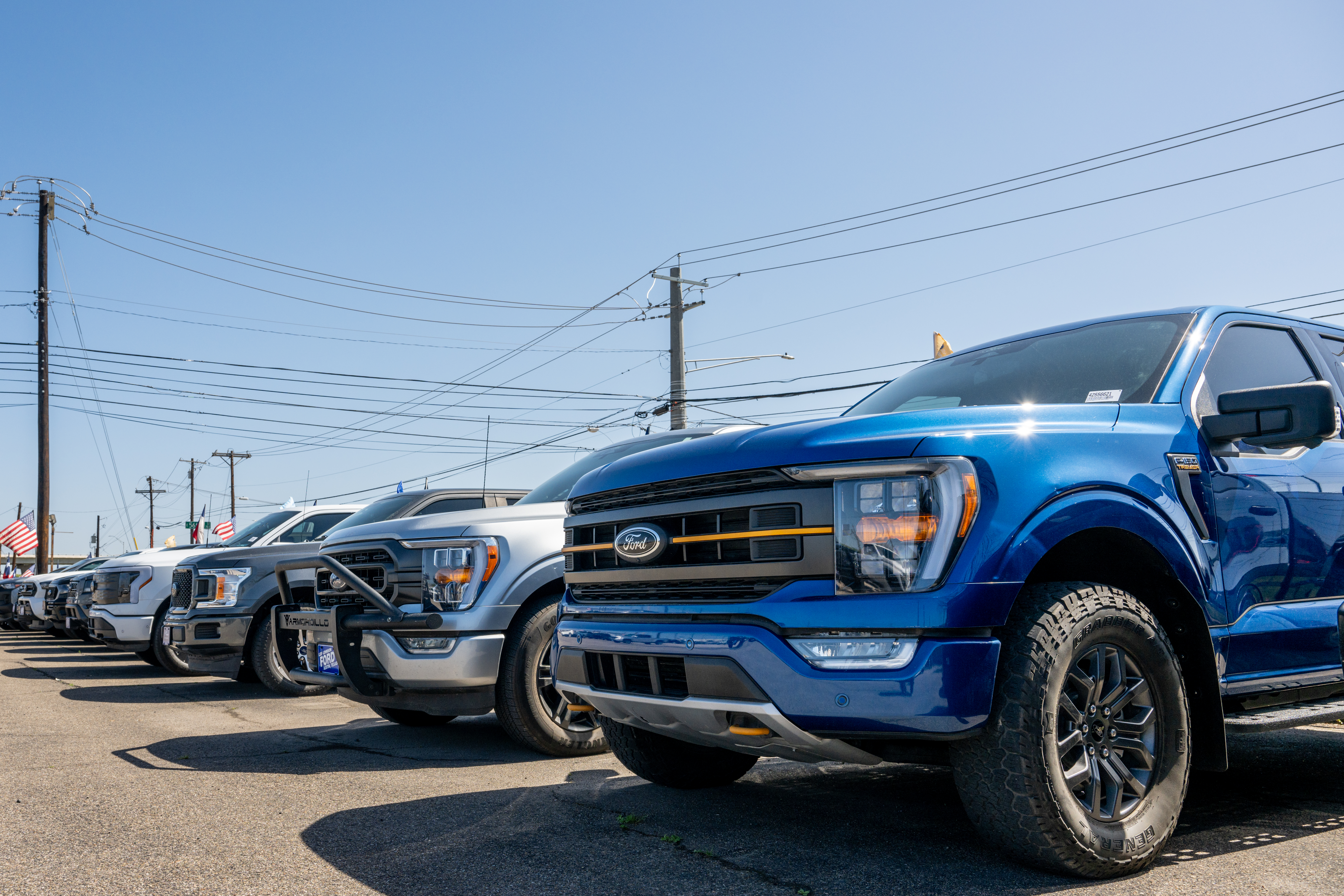In This Article:
Auto sales have been on a tear recently, but a new report predicts a "hangover" is coming soon for the industry.
Automakers like Ford (FORD), Toyota (TM), Honda (HMC), and Korea's Hyundai (HYMTF) and Kia (000270.KS) all reported sales gains in May as buyers ate up pricing incentives and "pre-tariff" inventory that arrived on US shores before President Trump's 25% auto sector tariffs kicked in.
But the May gains were nowhere near as big as those in March and April. Wards Intelligence reported that the closely watched seasonally adjusted annual rate (SAAR) of light vehicle sales in May dropped to 15.65 million units from a revised 17.25 million in April and 17.83 million in March. Cox Automotive also saw a similar drop in its May SAAR calculation.
The "hangover for vehicle sales has set in," Oxford Economics chief US economist Ryan Sweet wrote in a note to client this week.
"Headwinds for vehicle sales are unlikely to change quickly as consumers remain pessimistic, inventory on dealer lots is declining, and there could be additional payback from front-running of tariff increases," Sweet wrote.
In addition to declining inventory leading to higher prices as dealers replace supply with higher-priced vehicles, consumer sentiment will also weigh on sales.
Read more: How your vehicle's make and model affect car insurance costs
"Though sentiment generally explains little of the fluctuation in real consumer spending, particularly in the short run, confidence matters more for certain segments of consumer spending," Sweet noted. "As our past work has shown, sentiment shocks take a heavy toll [on] durable goods consumption, which includes big-ticket items that typically require financing and are often the first areas consumers cut back."
Oxford and Sweet see "the peak impact of tariffs on inflation occurring this summer."
Sweet adds that lower inventory, higher prices, depressed sentiment, and weak income growth will weigh on auto sales. The Oxford team is forecasting weak sales through the year and bottoming out in the first quarter of 2026.
Edmunds head of insights Jessica Caldwell further corroborates that front-loading has already occurred. In a recent Edmunds survey, 37% of respondents said they planned to buy a vehicle sooner in response to tariffs, Caldwell wrote, while 11% said they had already purchased a vehicle before tariffs come into effect.
There is one small bright spot for the automakers: 25% of respondents said they were delaying their purchase in response to tariffs, meaning if a resolution with auto sector tariffs is achieved, perhaps some revenge buying could be coming to dealer lots.













